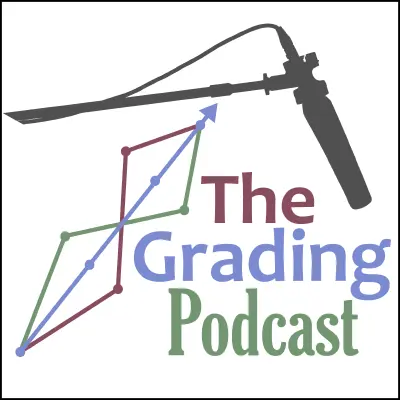
In this episode, Joe Zeccola joins Sharona and Bosley to discuss the interplay between discrete skills and more "holistic" skills, primarily in the discipline of writing. Utilizing some questions asked by Dr. Emily Pitts Donahoe in a recent blog post about Rhetorical Analysis, Joe, Sharona and Bosley explore the balance between assessing discrete individual skills and assessing more holistic processes and how that might play into the design of an alternatively graded course.
Links
Please note - any books linked here are likely Amazon Associates links. Clicking on them and purchasing through them helps support the show. Thanks for your support!
Teaching Reading and Analysis with…Standards-Based Collaborative Grading? by Dr. Emily Pitts DonahoeTime for Meaning: Crafting Literate Lives in Middle & High School by Randy BomerReading/Writing Connection, The: Strategies for Teaching and Learning in the Secondary Classroom by Carol Booth OlsonThe Reading Apprenticeship frameworkPoint-Less: An English Teacher’s Guide to More Meaningful GradingDeveloping Assessment-Capable Visible Learners, Grades K-12: Maximizing Skill, Will, and Thrill (Corwin Literacy) by Nancy Frey, John Hattie and Doug FisherResources
The Center for Grading Reform - seeking to advance education in the United States by supporting effective grading reform at all levels through conferences, educational workshops, professional development, research and scholarship, influencing public policy, and community building.
The Grading Conference - an annual, online conference exploring Alternative Grading in Higher Education & K-12.
Some great resources to educate yourself about Alternative Grading:
The Grading for Growth BlogThe Grading ConferenceThe Intentional Academia BlogRecommended Books on Alternative Grading:
Grading for Growth, by Robert Talbert and David Clark